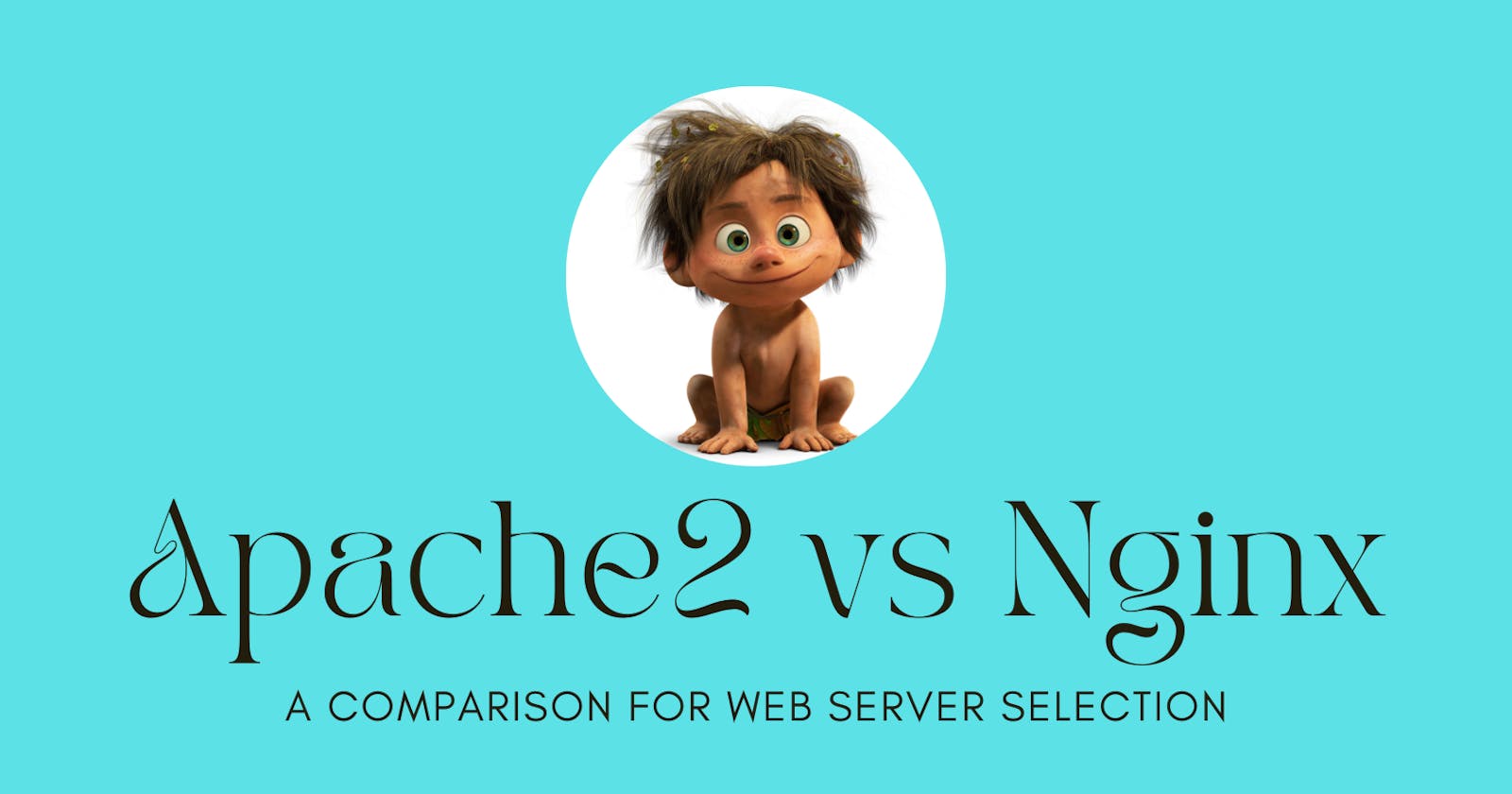When it comes to choosing a web server for hosting your website or application, Apache2 and Nginx are two of the most popular options. Both are widely used, open-source web servers that have their own strengths and weaknesses. In this blog post, we will compare Apache2 and Nginx in terms of their performance, scalability, ease of configuration, and other factors to help you make an informed decision for your web server selection.
Performance:
Performance is a crucial factor in web server selection as it directly impacts the response time and load times of your website. Apache2 and Nginx have different architectures that affect their performance.
Apache2 follows a traditional multi-process model, where each incoming request spawns a new process or thread to handle it. This can result in higher memory usage and slower performance under heavy loads, especially when handling a large number of concurrent connections.
On the other hand, Nginx follows an event-driven, asynchronous model that uses a small number of worker processes to handle multiple connections simultaneously. This allows Nginx to handle a large number of concurrent connections with minimal memory usage, making it more efficient in high traffic scenarios.
Scalability:
Scalability is another important factor to consider when selecting a web server, as it determines how well the server can handle increasing amounts of traffic and requests.
Apache2 can be scaled horizontally by adding more servers in a load balancing setup, but it may require additional configuration and management overhead. Nginx, on the other hand, is known for its high scalability due to its efficient event-driven architecture, making it suitable for handling large volumes of concurrent connections and high traffic loads.
Ease of Configuration:
The ease of configuration can impact the development and deployment process of your website or application. Apache2 and Nginx have different configuration syntax and approaches.
Apache2 uses a complex, directive-based configuration file that may require more time and effort to set up and manage. It has a steeper learning curve, especially for beginners.
Nginx, on the other hand, uses a simple, easy-to-understand configuration syntax that is more user-friendly and easier to manage. Its configuration is also more modular and flexible, allowing for easier customization and fine-tuning.
Flexibility and Features:
Both Apache2 and Nginx offer a wide range of features and modules that can be extended to enhance their functionality.
Apache2 has a larger ecosystem of modules and plugins due to its longer history and wider adoption. It supports a wide range of scripting languages, databases, and content management systems (CMS) out of the box, making it a suitable choice for complex websites with diverse requirements.
Nginx, on the other hand, is known for its simplicity and focused feature set. It is often used as a reverse proxy server or load balancer in front of other web servers, such as Apache2 or application servers like Node.js or Ruby on Rails.
Community and Support:
The community and support around a web server can also impact its reliability and stability.
Apache2 has a large, active community with extensive documentation, forums, and support resources available. It has been around for a longer time and has a wide user base, making it relatively stable and reliable.
Nginx also has a strong community with active development and support resources. Although it may not have the same level of extensive documentation and user base as Apache2, it is known for its fast-paced development and regular updates.
Conclusion:
Both Apache2 and Nginx are powerful web servers with their own strengths and weaknesses. Apache2 is a mature, feature-rich web server with a larger ecosystem of modules and plugins, making it suitable for complex websites with diverse requirements. Nginx, on the other hand, is known for its high

